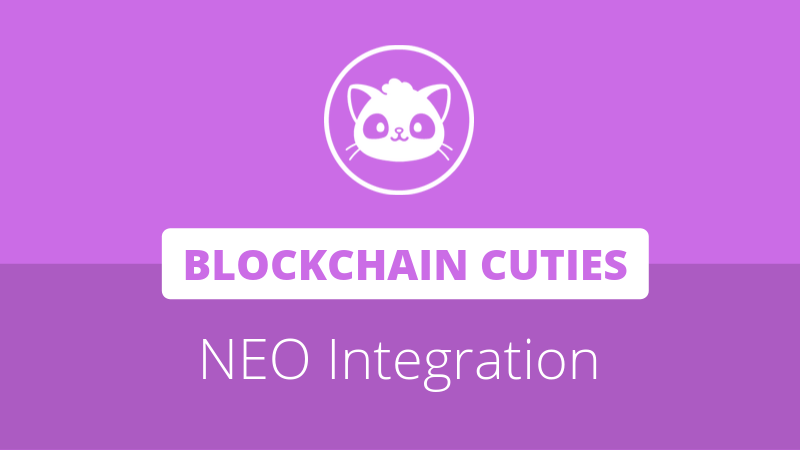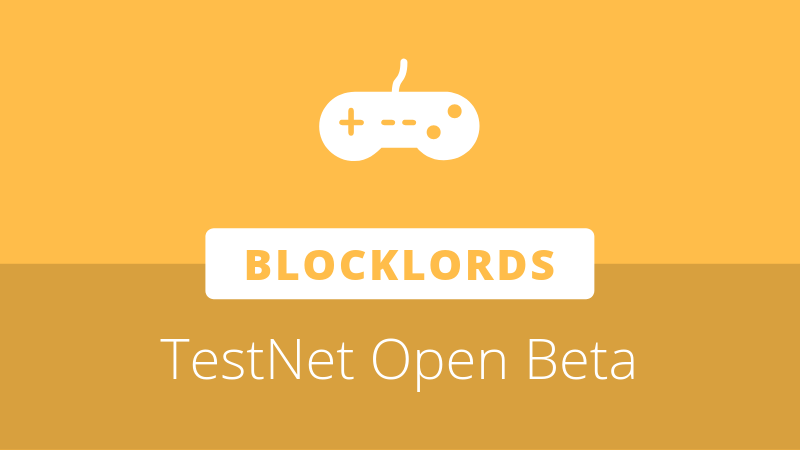
Trinity, a state channel scaling solution for NEO, recently published two bi-weekly reports documenting its development progress in May. The team predominantly focused on the implementation of its Revocable Sequence Maturity contract (RSMC), which aims to allow for two-way payments and guaranteed honesty for parties that wish to close the channel.
The first bi-weekly report for May reported on the implementation of the NEP-5 based channel establishment process. This allows state channels to be opened with a deposit and offers support for real-time monitoring and channel status updates.
Trinity also claimed to have completed development of the channel removal process, allowing the two parties linked by the channel to easily close it and redeem their deposits.
In the second report for May, Trinity noted its focus on the creation of RSMC, which provides a window of time where transactions may be reversed. RSMC is designed to solve three key issues:
- Allow for two-way payments, instead of a one-way flow of tokens
- Allow both parties to easily obtain the channel balance after a channel closure request
- Guarantee the honesty of both parties
For the C# implementation of Trinity’s state channel protocol, a message processing and interaction module has been included. This is intended to be primarily used to sign transactions and will be accessible through the user interface.
Trinity outlined the various transaction types that provide the RSMC with necessary functionality. These transactions and their purposes are as follows:
- Funding transaction – Allows parties to pay a deposit into a multisig address to open a channel
- Refund transaction – Exchanges signatures between two parties to ensure truthful actions
- Commitment transaction – Performs signed transactions between the two parties in the channel
- Revocable delivery transaction – Specifies a lockout time that comes into effect when a party attempts to close a channel prematurely
- Breach remedy transaction – Used to punish malicious parties and confirm the correct transaction on-chain
- Settlement transaction – The final commitment transaction when parties are behaving honestly, marking channel closure







About The Author: Brett Rhodes
Brett is a blockchain enthusiast and freelance writer who originally began producing content for the gaming & eSports industries. Now he spends most of his time contributing in the Neo ecosystem.
More posts by Brett Rhodes